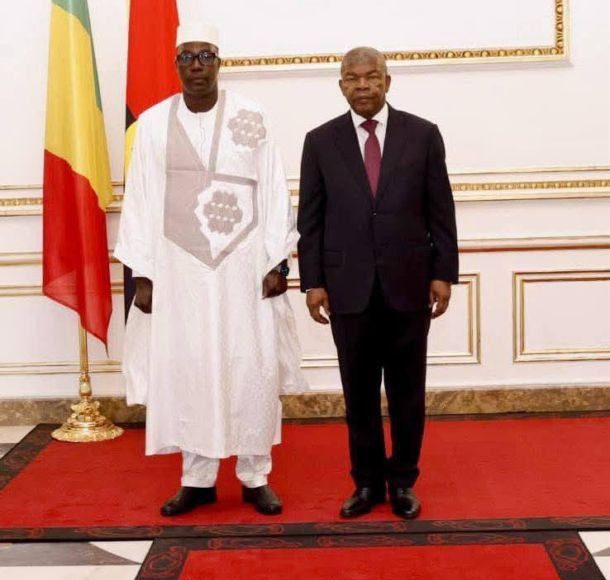
The House of Representatives has taken an unwavering stance on sports betting as a result of mounting concerns over its detrimental effects on the mental health and social fabric of the nation’s youth.
The resolution, spearheaded by Kelechi Nwogu (PDP-Rivers) during a plenary session in Abuja on Thursday, underscored a growing recognition of the country’s pernicious consequences of unregulated sports betting.
Nwogu lamented the lax enforcement of regulations by the National Lottery Regulatory Commission (NLRC), emphasising its failure to mitigate the adverse impact of sports betting.
Highlighting a litany of societal ills attributed to unchecked sports betting, Nwogu pointed to alarming rates of mental health disorders such as depression, anxiety, and addiction among Nigerian youth.
Moreover, he decried the corrosive effects on interpersonal relationships, financial stability, and overall well-being, citing instances of criminality and even suicide precipitated by the allure of betting.
The House resolution underscored a multi-pronged approach to address the crisis, advocating for comprehensive nationwide campaigns spearheaded by the Federal Ministry of Information and National Orientation.
These initiatives aim to raise public awareness about the harmful ramifications of youth involvement in sports betting, focusing on preventing underage participation.
Moreover, the House mandated the Committee on Inter-Governmental Affairs to conduct a Public Hearing on the pervasive dangers of sports betting in Nigeria. This investigative effort seeks to shed light on the magnitude of the problems and lay the groundwork for subsequent legislative measures.
The statistics provided by the National Lottery Trust Fund (NLTF) emphasise the urgency, revealing that over 65 million Nigerians actively engage in betting, with an average expenditure of $15 per day.
The burgeoning popularity of online sports betting has further exacerbated the issue, with Nigerians collectively spending an estimated $975 million daily, amounting to a staggering $356 billion annually.
The disproportionate impact on Nigeria’s youth demographic is of particular concern, with an estimated 60 million individuals between 18 and 40 trapped in the grip of sports betting.
Many young Nigerians, grappling with the harsh realities of economic hardship, have turned to betting as a form of escapism, exacerbating the cycle of vulnerability and exploitation.
The NLTF’s revelation of 58 approved betting companies operating in Nigeria underlines the magnitude of the industry’s reach and the imperative for swift and decisive action.
About The Author
Related Articles
Zimbabwe Rejects $350m US Health Deal Over Sovereignty Dispute
Zimbabwe has formally withdrawn from negotiations on a proposed $350 million health...
ByWest Africa WeeklyFebruary 25, 2026Niger’s President Outlines Vision for Strategic Partnership with China
Niger’s Head of State, General Abdourahmane Tiani, has articulated a renewed vision...
ByWest Africa WeeklyFebruary 25, 2026Fire Destroys 140 Tonnes of Cotton in Western Burkina Faso
A major fire has destroyed more than 140 tonnes of cotton in...
ByWest Africa WeeklyFebruary 25, 2026Mali’s New Ambassador to Angola Presents Credentials, Pledges Stronger Bilateral Ties
Diplomatic relations between Mali and Angola entered a new phase on February...
ByWest Africa WeeklyFebruary 25, 2026












